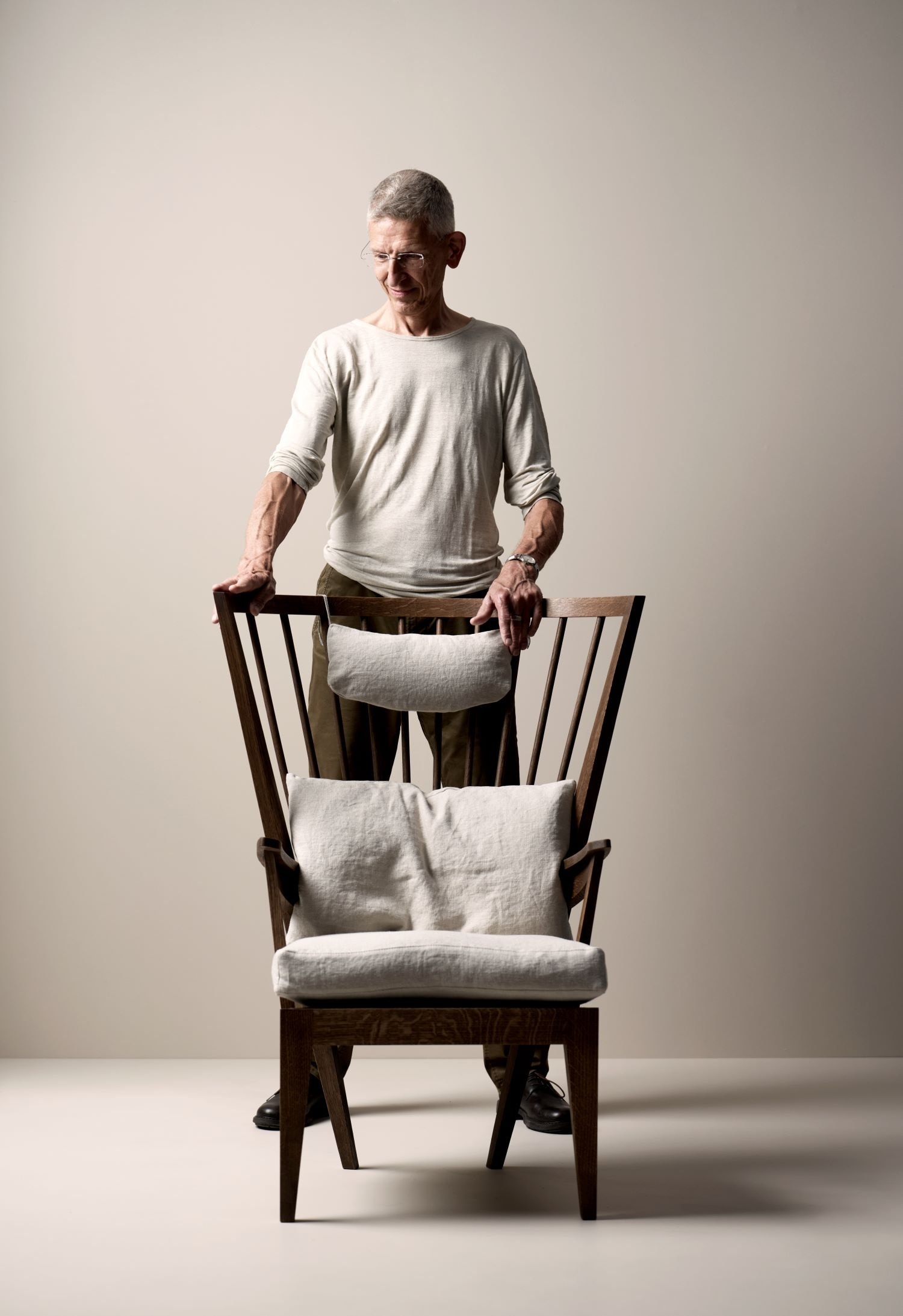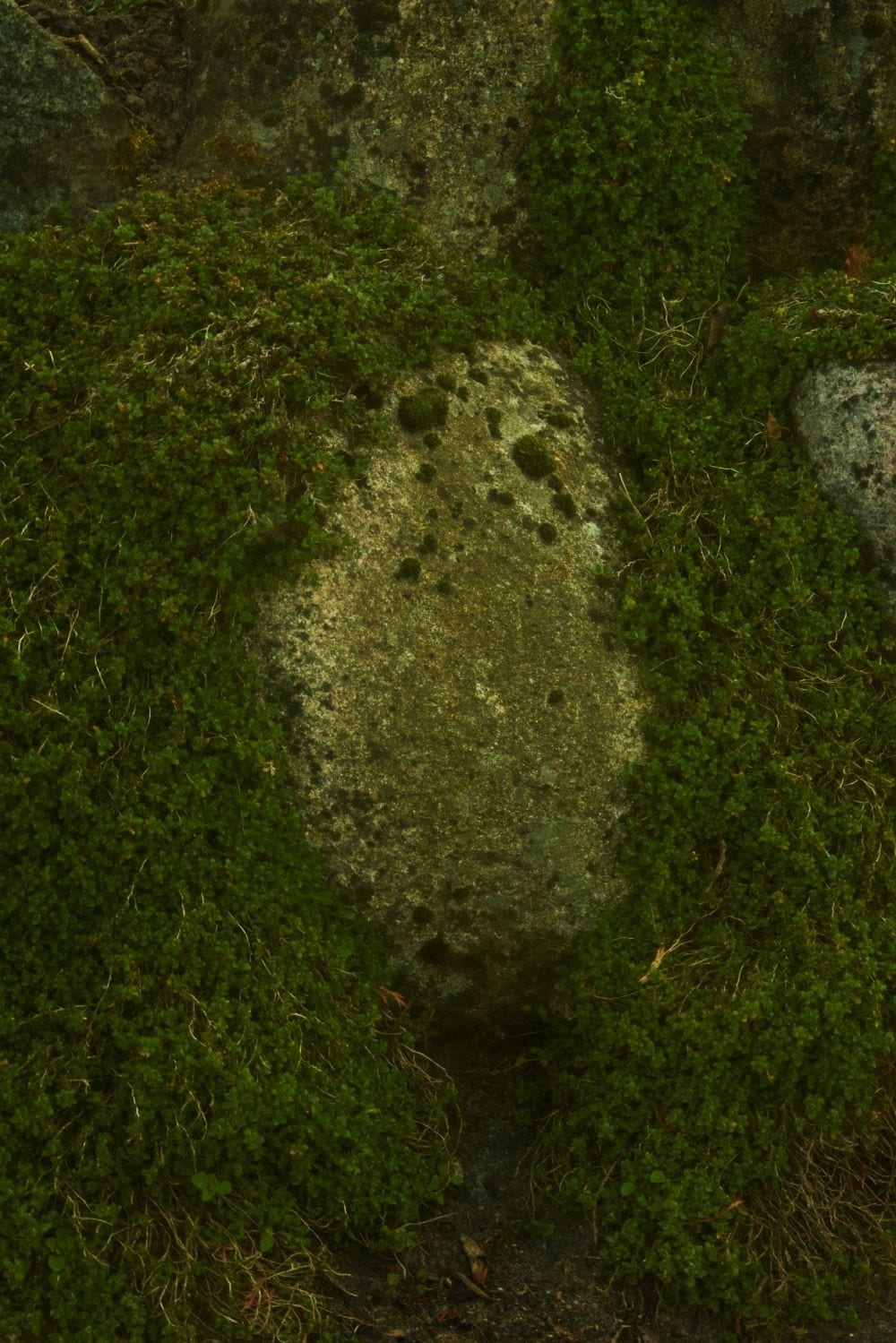How does meditation assist in the creative process when you design Norrgavel furniture?
– A fundamental prerequisite for most of us is a solid foundation in form education and material knowledge. Based on these basic skills, we often learn that it's about inspiration – exposing ourselves to external impressions – as an inflow into the process. I often get asked where my inspiration comes from. You can be inspired by other fields, and that was largely the case before. But to find the roots of something that is adequate to develop, you have to delve into your own depths. The power lies within us, and it's just about making contact with it. Then new ideas and insights emerge.
To continue feeling a sense of purpose in existence, it's crucial that the design feels appropriate. Otherwise, one has to do something else in life. There must be the same energy in creation as in deep meditation; otherwise, it doesn't work.
How does meditation assist in entrepreneurship?
–
Why should the business world be disconnected from deeper questions? Unfortunately, entrepreneurship and business often stand in opposition to ethics and existential questions from a Western perspective. For my part, it works because I have directed my life towards seeking and being. This has helped me greatly in how I handle challenges within the company. My life does not depend on the company. A key concept in the whole realm of being is "impermanence". It means that everything is constantly changing. Things come and things go. Victor was here for 21 years (Nirvan's son who died in a train accident in India at the age of 21). The same applies to entrepreneurship. It's easy to think that it should be constant. But there is nothing to cling to, it's a constant change every second. With that in mind, there is no reason to rejoice or worry. Nothing is permanent. In 50 years, Norrgavel may not exist, or if it does, it will be different. This change is very comforting to have in one's bloodstream when seen in the external reality. Many find joy in a company's growth, and of course, it can be so. Things grow and things do the opposite. I understand that it may sound like one doesn't care. But it's more about being able to channel your energy where you feel it adds something good. I see it as an incredibly important part of entrepreneurship that one can spread joy and contribute to people's lives. If you have life energy, it's wonderful if you can use it to bring joy to other people. In that sense, the company is very important. It's a channel through which you can spread joy both materially (through material objects) and also mentally (by conveying the vision behind the company – an insight that it's possible to live one's life in a more meaningful way). The potential is within all of us. There is a Buddha in all of us, it exists in our very being.
Where should one start if they want to incorporate meditation as a natural part of their life?
– Personally, I have been meditating for over twenty years, but I was surprised to learn that it is also possible to start from scratch and jump into a 10-day retreat. At this Vipassana retreat, half of the participants were more or less beginners. However, it is a technique that requires a very well-grounded decision. The Vipassana center is extremely clear that if you come there, you must be determined. The ego is used to having control over us, but during a meditation retreat, the ego is set aside. The decision must be so deeply rooted that you stay even if you experience feelings of wanting to escape and suddenly want to leave during the process.
Another way is to start with yoga in some form. What's great about yoga is that you enter the body and become present. After a while, you realize that something is happening, you connect with sensations in the body, stay present, and perhaps fall into a deeper state. Meditation is about presence, increased focus, and heightened concentration. When you engage in meditation, you will discover that in heightened presence, there is a peace and stillness that everyone longs for. A kind of reverent stillness, much like when the spring flowers emerge.
The qualities one can access through meditation can to some extent be found through other means as well. For example, through one's professional practice with refinement, or when climbing a mountain wall. What happens when you develop connections in this way is that you become tied to a specific activity to achieve that desirable sense of presence. With meditation, you develop a presence that, regardless of the activity, is always present in one's being.






